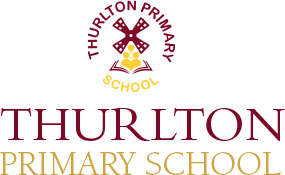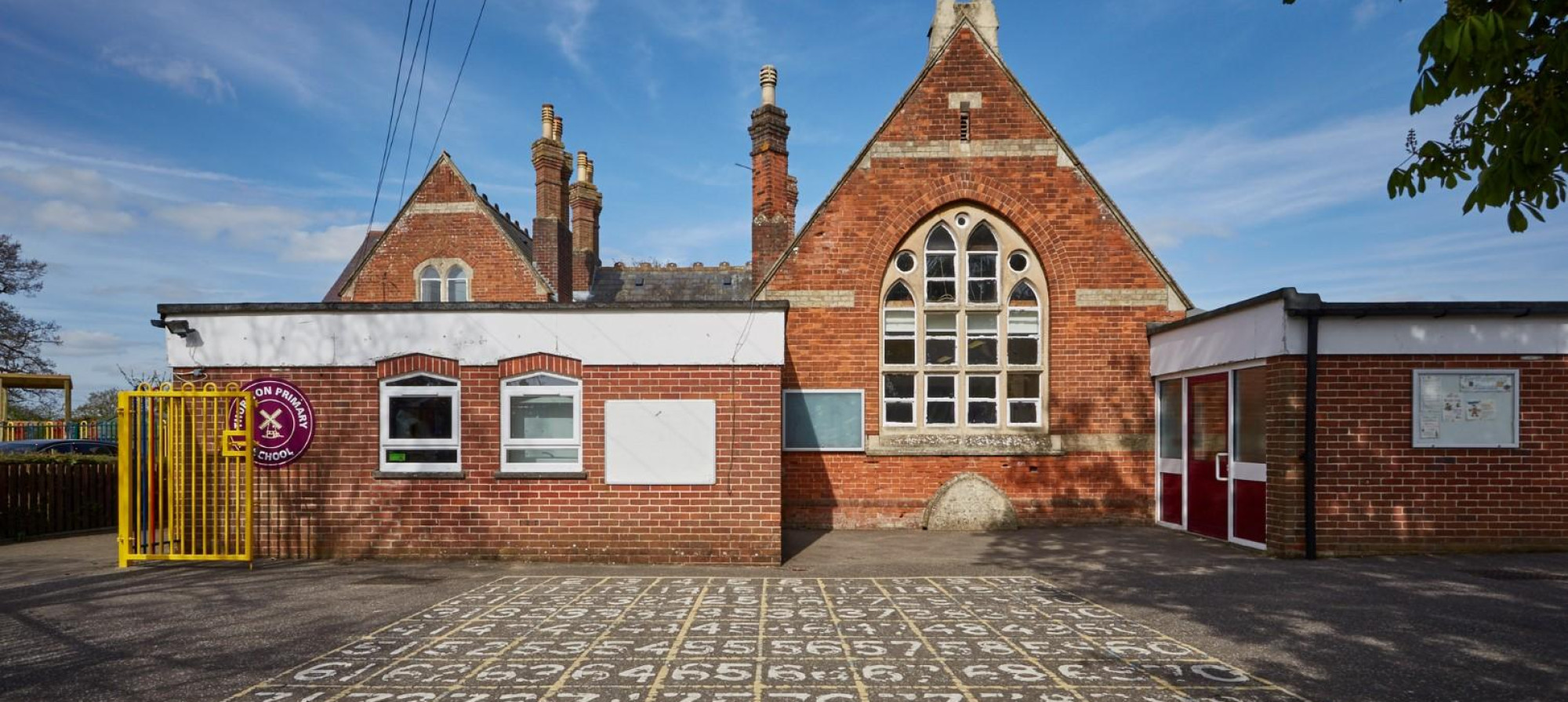Relationships Education (RSE)
The Children and Social Work Act 2017 placed a duty on the Secretary of State for Education to make the new subjects of Relationships Education at primary and Relationships and Sex Education (RSE) at secondary mandatory. Parliament voted in support of the Government’s proposal that all primary schools would be required to teach Relationships Education.
The Government want to support all young people to stay safe and prepare for life in modern Britain by ensuring Relationships Education (Primary) is taught in all Primary Schools. This was based on the fact that children need more support whilst growing up in an increasingly complex and digital world.
Whilst the internet can be a positive influence in our lives, it does present significant challenges, particularly for young people. With the use of social media, cyber-bullying and the risk that children learn about relationships from untrustworthy sources – it was felt that young people need support to make the right decisions and keep themselves safe and happy. This evidence was supported by the many calls for compulsory SRE and/or PSHE from leading parent representative bodies, as well as leading education and safeguarding organisations, such as teaching unions and charities. These calls were supported by young people themselves.
The DfE have set out their reasons below:
“We are clear on the themes and issues schools should cover to achieve this. Relationships and RSE will be age-appropriate, build knowledge and life skills over time in a way that prepares pupils for issues they will soon face. The subjects will likely focus on:
- different types of relationships, including friendships, family relationships, dealing with strangers and, at secondary school, intimate relationships;
- how to recognise, understand and build healthy relationships, including self-respect and respect for others, commitment (including marriage and civil partnerships), boundaries and consent, tolerance, and how to manage conflict, and also how to recognise unhealthy relationships, including bullying, coercion and exploitation;
- healthy relationships and safety online, including use of social media, cyberbullying, sexting;
- how relationships may affect health and wellbeing, including the importance of good mental health and resilience”
At Thurlton Primary School we follow the Norfolk Educator Solutions scheme, which covers all the required elements of relationship education. A brief outline of what we cover is set out below.
Reception
My Feelings – Identify and mange feelings
My Body – Personal hygiene
My Relationships – Celebrating Similarities and differences
My Beliefs – Making choices
My Rights and Responsibilities – Privacy
Asking for Help – Special people
Year 1
My Feelings – Recognising and communicating feelings
My Body – Naming body parts
My Relationships – Friendships and problem solving
My Beliefs –Identify and respecting similarities and differences between people
My Rights and Responsibilities – Diseases and keeping healthy
Asking for Help – People we trust
Year 2
My Feelings – Celebrating our strengths and setting challenges
My Body – Growing and changing
My Relationships – Bullying
My Beliefs –Families are unique
My Rights and Responsibilities – Acceptable and unacceptable physical contact
Asking for Help – Secrets and seeking support
Year 3
My Feelings – Setting goals and building self esteem
My Body – Body changes as we grow and develop
My Relationships – Attributes of positive healthy relationships
My Beliefs – Challenging gender stereotypes
My Rights and Responsibilities – The right to protect their bodies from unwanted touch
Asking for Help – The difference between secrets and surprises and when to break confidence
Year 4
My Feelings – Recognising and responding to emotions
My Body – Understanding body changes and puberty
My Relationships – Acceptable and unacceptable physical behaviours
My Beliefs – Differences and similarities between people
My Rights and Responsibilities – Marriage is a commitment freely entered into
Asking for Help – Asking for help
Year 5
My Feelings – Emotional changes as puberty is approached
My Body – Anticipating body changes through puberty
My Relationships – Managing and maintaining healthy relationships
My Beliefs – Correct terms to describe gender and sexual orientation
My Rights and Responsibilities – Keeping safe online
Asking for Help – How to manage accidental exposure to upsetting online material
Year 6
My Feelings – Media images not do always reflect reality
My Body – Reproduction and the scientific terms for the male and female sex organs
My Relationships – The nature and consequences of discrimination
My Beliefs – Female genital mutilation (FGM)
My Rights and Responsibilities – Sexual Infections
Asking for Help – Knowing who, when and how to ask for help
RSE and PSHE are designed to ensure pupils are taught the knowledge and life skills they will need to stay safe and develop healthy and supportive relationships, particularly dealing with the challenges of growing up in an online world.
In primary schools, the focus is on building healthy relationships and staying safe.
The curriculum we follow is designed to be at an age appropriate level to ensure our children have the information they need to know as they progress through school. It will enable pupils to build on their prior learning by revisiting some themes to further develop knowledge, values and skills. As such, some themes are repeated to enable a deeper exploration of the related issues. In our mixed age classes, RSE lessons are taught in year groups
We would like to reassure you that none of the teaching materials or strategies should shock pupils. All lessons will be taught in a strictly non- judgemental and non- biased manner, to allow your child the opportunity to consider the information and develop their own values, attitudes and opinions about the topic. We would encourage you to discuss your child’s relationships education with them at home. This is an opportunity for you to share your family values in relation to the topics, building strong channels of communication about emotions, the human body and relationships with your child. Please see the ‘Top Tips’ detailed below.
Please feel free to contact the school if you would like to discuss our programme of relationships and sex education on an individual basis.
The Government has committed to retaining a parent’s right to withdraw their child from sex education within RSE (other than sex education in the National Curriculum as part of statutory guidance – Sex and relationship education in science), but not from relationships education at primary.
Parents wishing to withdraw their child in line with the guidance above should do the following:
- Ask to see a copy of the schools RSE policy and schemes of work.
- Ask the school for an appointment to see a member of staff concerning withdrawing their child from the specified elements of RSE.
- Following the meeting if they still wish to withdraw their child, they will put their request in writing stating which part of the programme they wish their child to be excluded from.
We do, however, hope all parents will see the value of this education for all of our children.
You can also see information from the DfE on their website by searching ‘sex and relationships education’.
These websites may also help you:
www.stonewall.org.uk/get-involved/education/different-families-same-love
www.nhs.uk/Livewell/Talkingaboutsex/Pages/Talkingtoyourchild.aspx
Top tips for talking to your child…
Talking to your child about their feelings, relationships and changing body is important. Building good channels of communication throughout childhood can help your child to communicate with you as future issues of increasing seriousness arise.
Your child needs to know that it’s OK to talk, and that you’re happy to talk. They will learn this through your body language, tone and manner when you talk so try to behave as you would in any other topic of conversation.
Below are simple strategies to make talking about feelings, relationships and the body more comfortable:
Start by talking about something that you both find comfortable, such as feelings and emotions.
Ask your child what they think their friends know/think about the topic, as this provides a way to talk about your child’s views indirectly.
Avoid ‘The Chat’. Talk about these topics little and often over everyday events like playing, drawing, whilst driving in the car or watching TV. This can help to normalise the conversation, easing uncomfortable feelings.
Reading a story book containing relevant content is a helpful way to stimulate discussion with your child.
Don’t leave it too late. Start talking about relevant topics before you feel your child is approaching a level of curiosity about it, so you establish strong channels of communication in readiness.
Be prepared to listen. Your child will want to have their voice heard without feeling judged. Feeling listened to will encourage your child to talk about issues in the future.
If your child asks you a question you are not sure how to answer, don’t panic! Let them know that you will answer it at another time, making sure you remember to. Sometimes a simple answer can provide a sufficient response.
Try to listen calmly, even if what they say surprises or concerns you. Remember that it is good that they are comfortable to discuss issues with you. They need to trust that you will not respond negatively.





